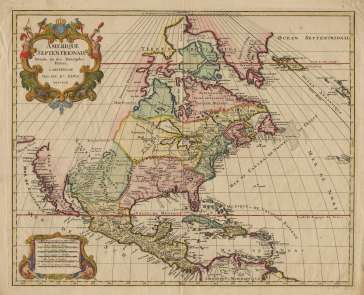 It has been a while since I posted an article on “background,” the little news items that touch on subjects that inspire my fiction. Unfortunately, this time around it’s not an archaeological discovery piquing my interest, but the controversy over a new board game about the brutal conflict between colonists and Native Americans known as King Philip’s War.
It has been a while since I posted an article on “background,” the little news items that touch on subjects that inspire my fiction. Unfortunately, this time around it’s not an archaeological discovery piquing my interest, but the controversy over a new board game about the brutal conflict between colonists and Native Americans known as King Philip’s War.
I’ll be upfront about my views, and leave the rest of the reporting to the linked article. Personally, I see no problem with wargames. I simply don’t believe in hedging around certain events in history simply as a matter of political correctness, concerns about “poor taste,” or censorship disguised as “sensitivity.”
And, the game designers have apparently set up the rules so that history need not be repeated: the Native Americans can defeat the colonists and run the invaders off their land. Were I to play this game, I would want to play the Wampanoags and drive the New Englanders into the sea!
However, I do see problems with the weirdly divergent criteria for victory: the colonists win by eliminating Native American leaders, while the Native Americans win by seizing colonial cities.
Not only is this ironic considering that the Natives were the ones fighting for their land while the colonists had the more centralized form of leadership, but it personalizes the violence against Natives while depersonalizing the violence against the colonists.
So, when Narragansett leader John Brown says that “the message seems to be it’s still OK to kill Indians,” I can see his point even though I think it’s a bit exaggerated. I seriously doubt anyone will be using the “I played King Philip’s War” defense in a murder trial any time soon. But, when the colonial players are gunning for Metacomet while the Native American players are gunning for Boston, that’s a legitimate cause for complaint.
A game is a game, but how about we have the same rules for all sides?
